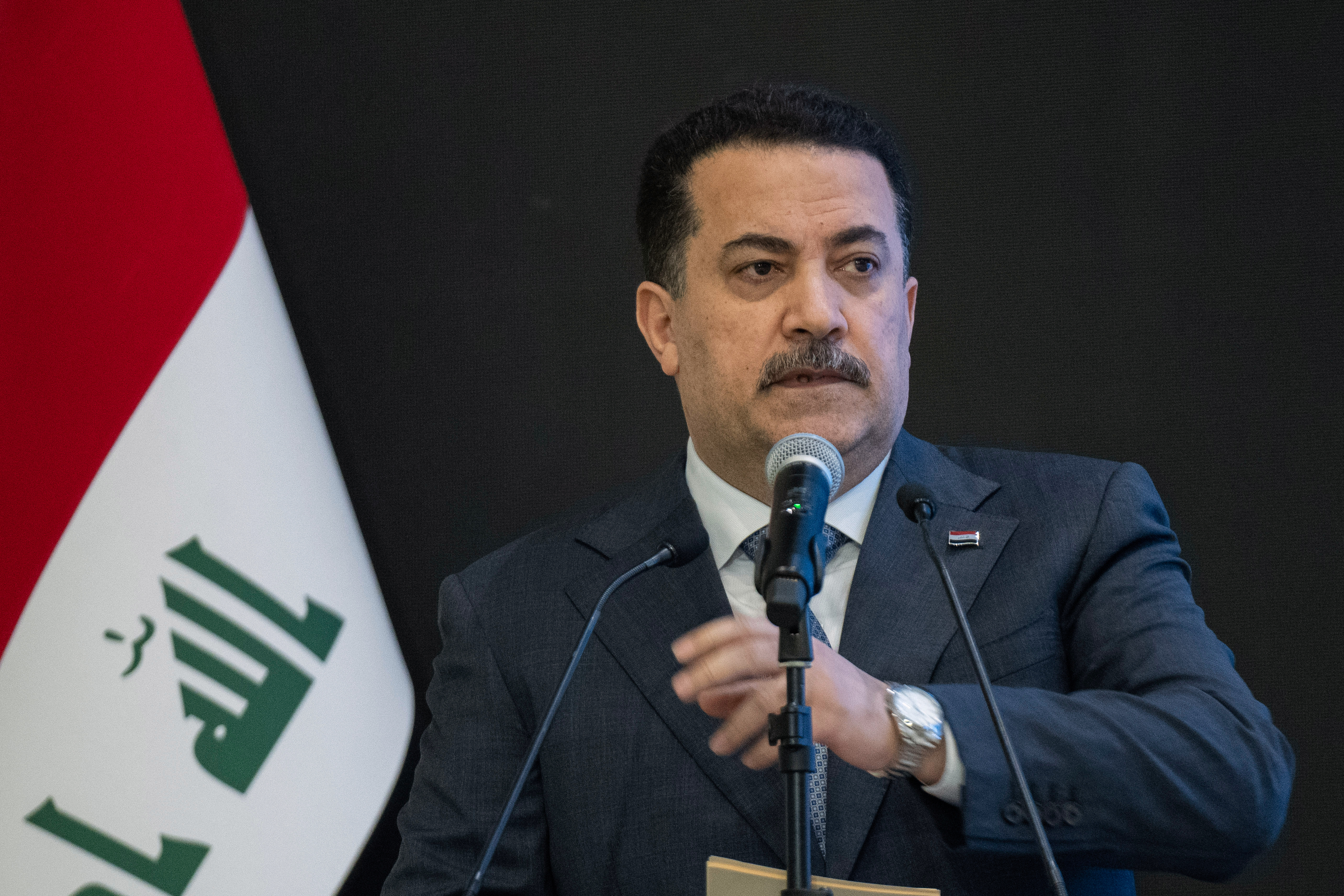
BAGHDAD -- The conclusion of Iraq's parliamentary elections has confirmed the Construction and Development Coalition, led by Prime Minister Mohammed Shia' al-Sudani, as the frontrunner with 46 seats.
Yet, a complex and protracted phase of government formation has just begun, according to election results and political analysts.
The Nov 11 vote allocated 329 parliamentary seats among competing blocs, with former Prime Minister Nuri al-Maliki's State of Law Coalition securing 29 seats and former Sunni Parliament Speaker Mohammed al-Halbousi's Taqaddum (Progress) Alliance winning 27. Kurdish parties, led by the Kurdistan Democratic Party, retained influence in the new parliament.
In response, the Coordination Framework, an umbrella alliance for Shiite parties and the current ruling coalition, has declared itself the largest parliamentary bloc and initiated the delicate task of forming a government through cross-sectarian alliances and vetting candidates for premiership.
Opinions are divided on whether al-Sudani will secure a second term. Sabah al-Sheikh, a politics professor at Baghdad University, predicted that al-Sudani will be excluded due to strong opposition from al-Maliki and armed groups.
"I believe a consensus will be reached on a candidate for the premiership, but it is not al-Sudani," he told Xinhua, highlighting the significant political weight held by armed groups within the parliament.
ALSO READ: Iraq says over 7,700 candidates eligible for Nov parliamentary elections
Meanwhile, Yasir Mutlag al-Jiboury, chairman of Fawasil Foundation for Research and Studies, believed that al-Sudani has a "chance for a second term" given his campaign on executive performance, but acknowledged the process will be "long and complex" due to multiple forces within the Shiite scene and the need for cross-bloc agreement.
Analysts noted that external influences will play a crucial role in the government formation. Ali Mousa, political analyst at the al-Rafid Center for Media and Strategic Studies, stressed that "whether the waiting period for a new government is long or short, whether the people approve it or reject it, will not be born before the blessing of Washington and Tehran."
Al-Sheikh said Washington will remain engaged in the government formation, while Tehran will exert influence through its robust ties with major Shiite parties and armed groups.
The power-sharing formula also requires resolving demands from Sunni and Kurdish components for the parliament speaker and presidency positions respectively.
Iraq's government formation relies on consensus under the Muhasasa "quota system", which allocates top offices by sect and ethnicity. Mousa pointed out that the alliance structure is tied to "achieving the interests of the winning parties," predicting "arduous negotiations to obtain concessions."
Al-Jiboury said the formation period may take "weeks to months", prolonged by political actors prioritizing their interests over public interest. The true test for the new parliament will be its ability to curb corruption and enforce state authority over all groups, delivering on the national mandate for stability and development.


